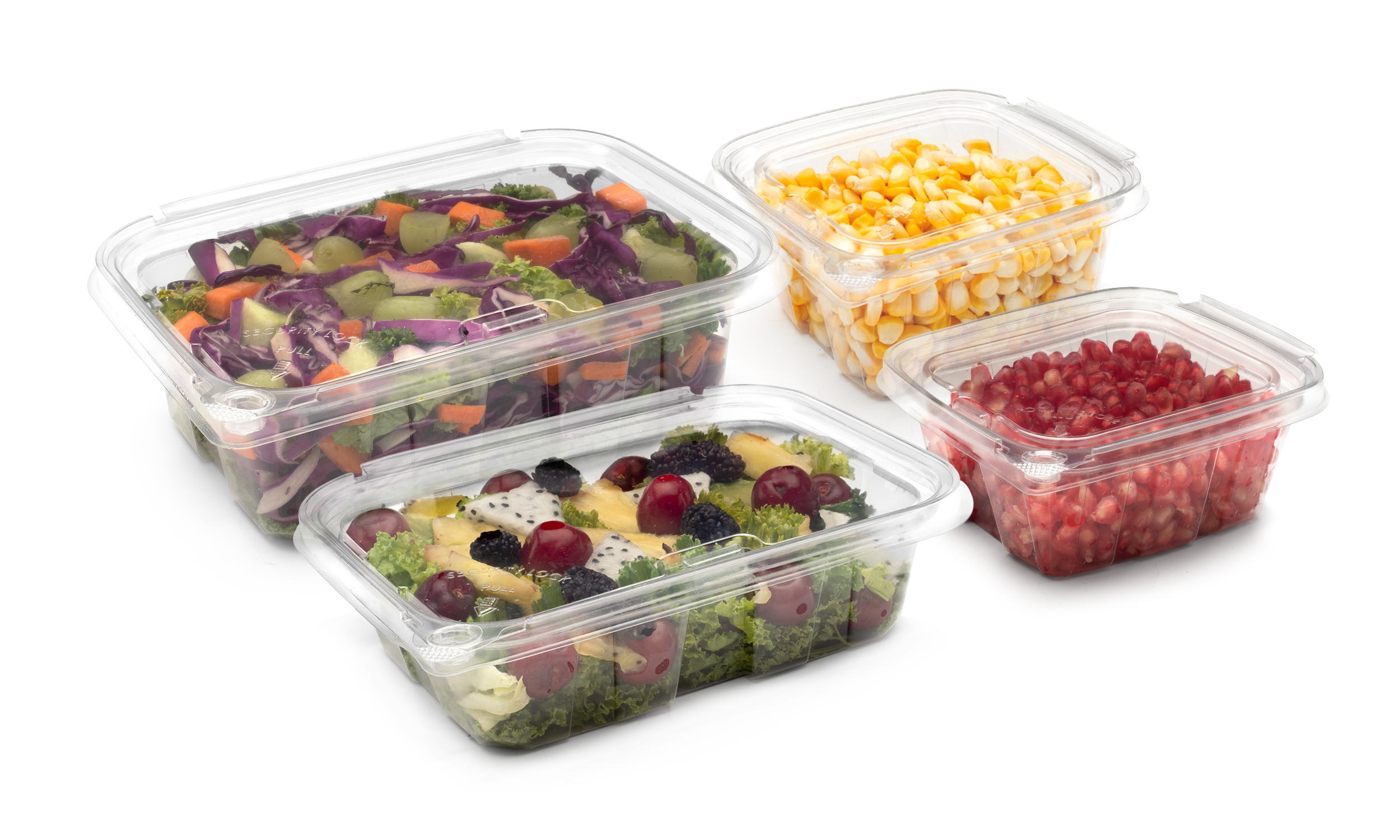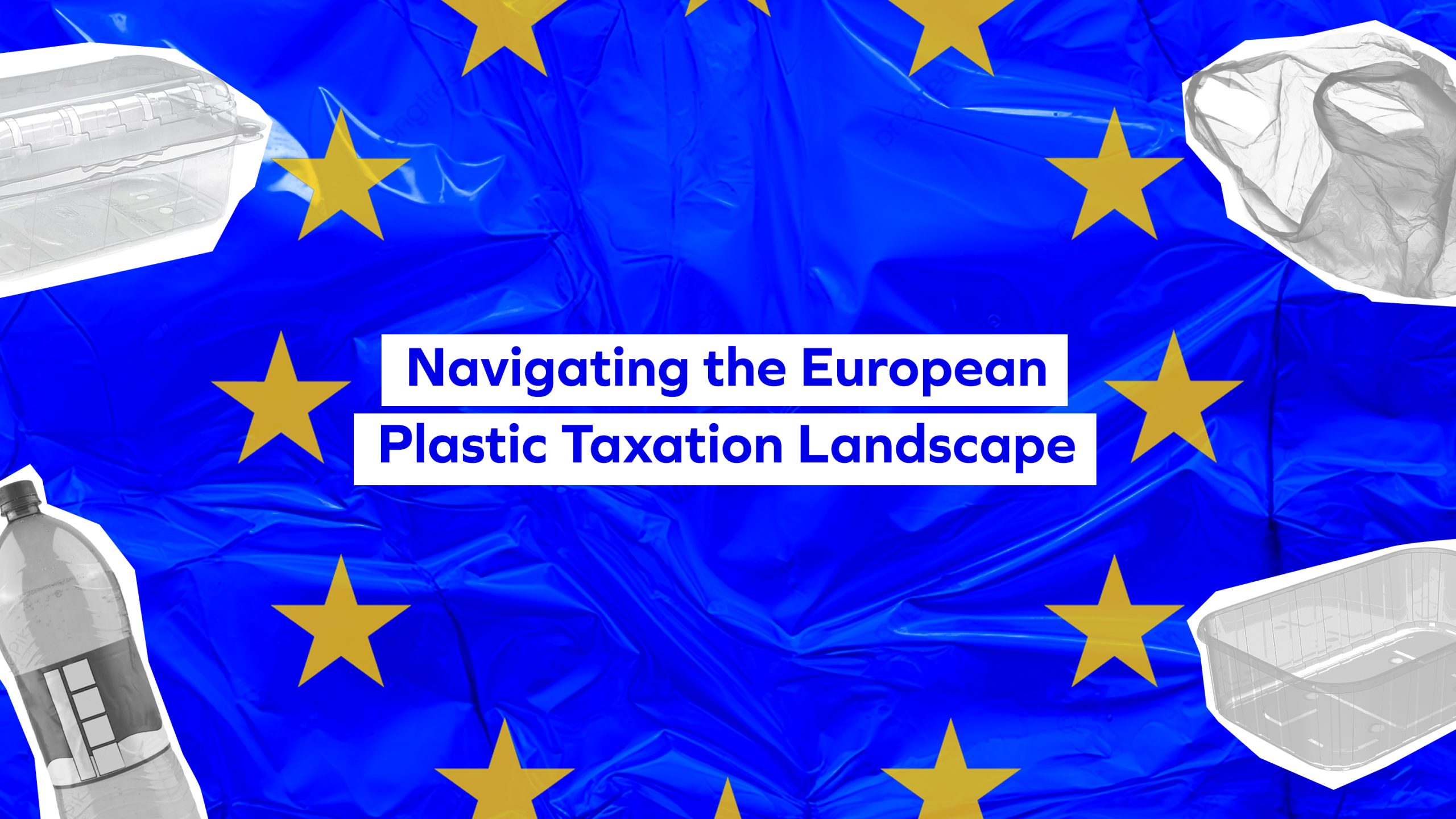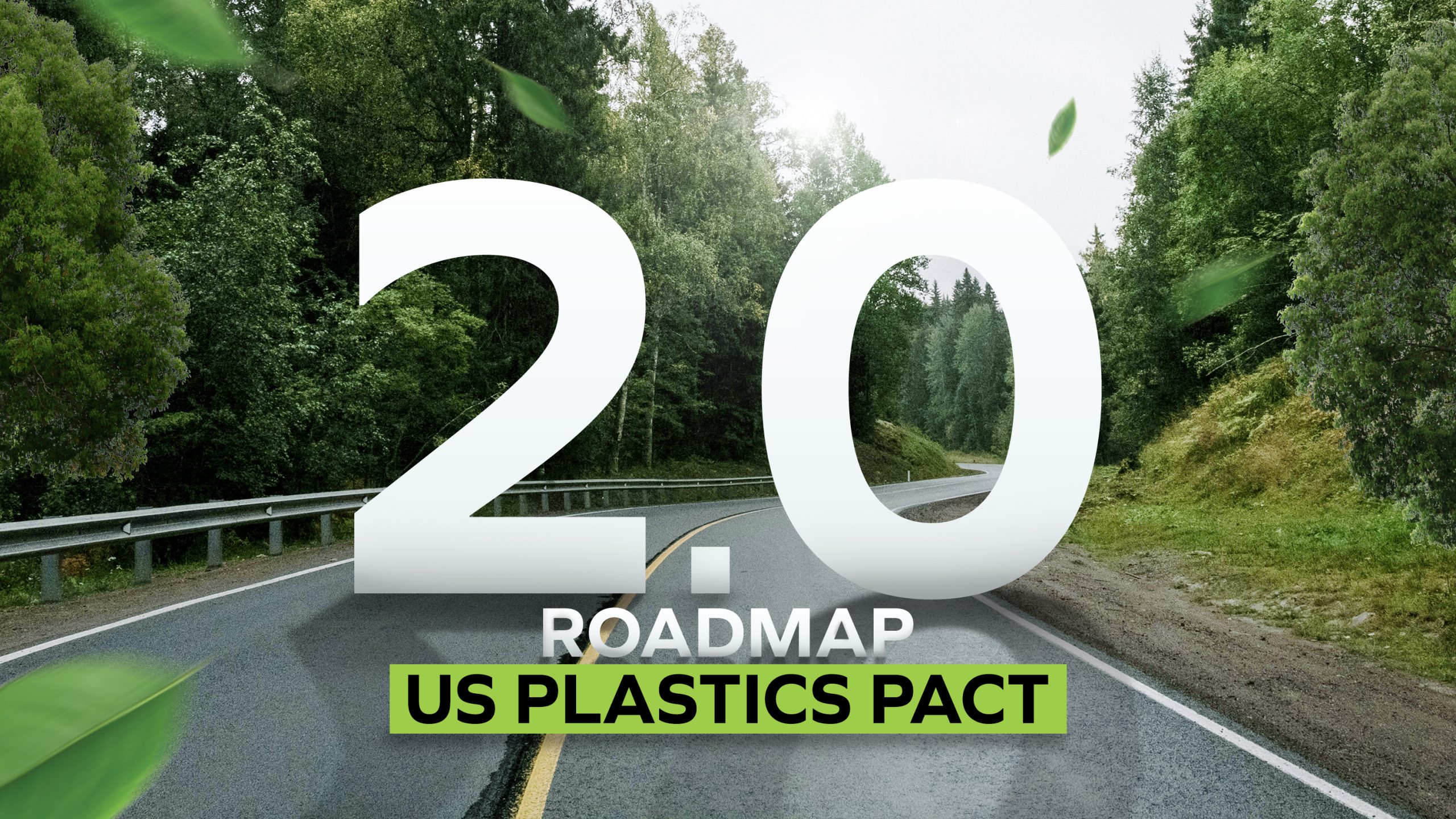The world’s craving convenience, and e-commerce is delivering—literally. The e-commerce food delivery boom is real—Zomato’s orders spiked 53% to Rs 15,455 crore in Q1 FY25, while Swiggy’s Instamart grew 101% to Rs 4,670 crore in Q4 FY25 (Business Standard, 2025; Goodreturns, 2025). Globally, this market is racing toward USD 477.64…

Fresh-cuts and value-added produce aren’t just trending; they are transforming produce aisles across the globe. Whether you walk into a bustling hypermarket in Mumbai, a supermarket in Madrid, or a grocery chain in New York, the sight is familiar: neatly packed melon wedges, mixed fruit medleys, chopped salad kits, and…

A New Regulatory Environment In January 2023, Spain introduced its Plastic Packaging Tax, a move designed to reduce plastic waste and encourage more sustainable packaging practices. This tax, which imposes a charge of €0.45 per kilogram on non-recycled, non-reusable plastic affects a wide range of industries including the fresh produce…

Plastic pollution is a critical environmental challenge, compelling governments and organizations worldwide to implement stringent measures to curb its management and impact. In Europe, plastic taxation has become a pivotal strategy to reduce plastic waste and promote recycling. From the European Union (EU) Plastics Levy and Single-Use Plastics (SUP) Directive…

The U.S. Plastics Pact, part of the global network of national and regional pacts coordinated by the Ellen MacArthur Foundation, aims to unite stakeholders in efforts to enhance plastic reuse and recycling. Member companies, known as “activators,” pledged to achieve specific targets by 2025 and provide annual progress reports. With…


In today’s world, businesses are constantly seeking new ways to enhance their environmental sustainability practices and reduce their carbon footprint. One strategy gaining momentum is the optimisation of packaging design, specifically by reducing packaging headspace. What is packaging headspace? The empty space inside the packaging, not taken up by the…

On March 14, 2024, a majority of EU governments approved the final text of the Packaging and Packaging Waste Regulation (PPWR), overcoming objections from the European Commission’s trade directorate (DG Trade). The approved text includes a controversial, so-called “mirror clause” effectively banning imported recycled plastics unless they meet EU standards…


PET is one of the most widely recycled plastics globally, with bottle-to-bottle recycling already an established circular system. However, thermoformed PET packaging, including clamshells, blister packs and food trays, still lacks adequate recycling infrastructure. Recycling these PET thermoforms is essential for transitioning to a truly circular economy, as worldwide obligations…

